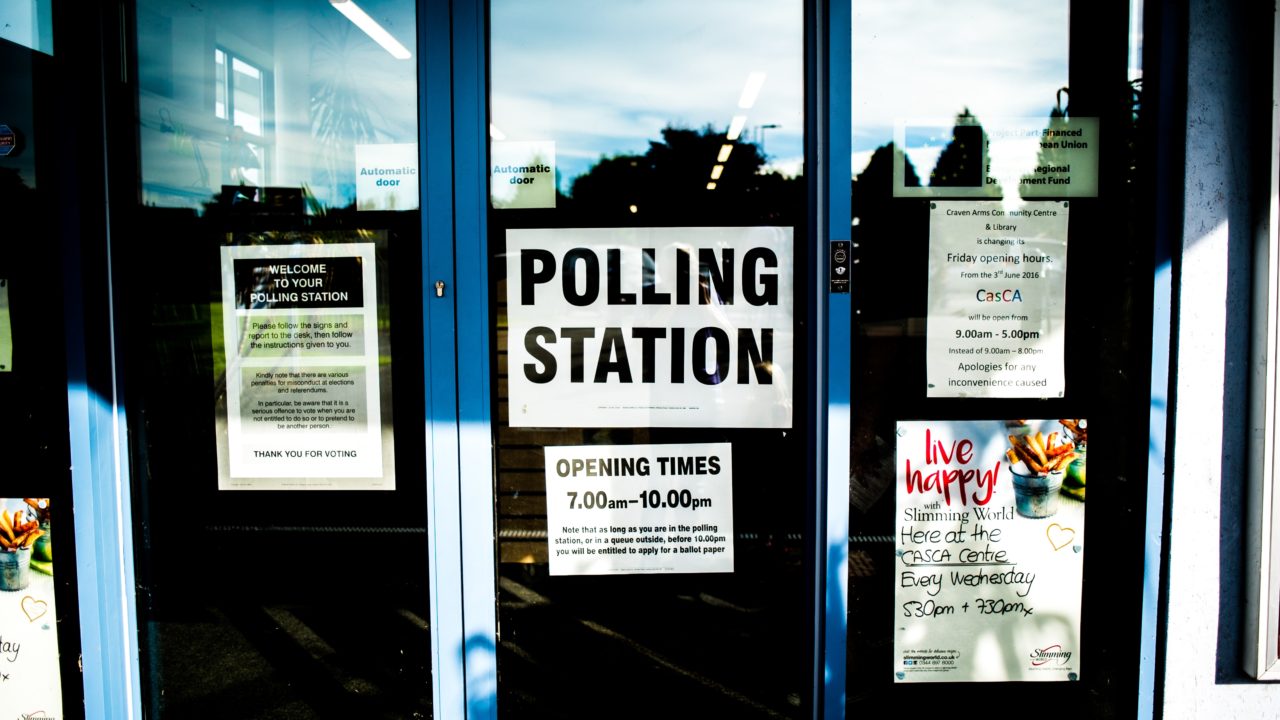What does the General Election mean for Higher Education funding?
Ant Bagshaw, management consultant for Nous Group, discusses what funding implications the election could have for the HE sector.

Last time I looked over the election manifestos, I was struck by how similar they were. There was a common diagnosis that tertiary education in England was broken and in need of review. Thirty months on, I’d argue that the same issues exist in tertiary, plus some new ones including an inadequately-functioning apprenticeship system. And we’ve had the winner’s promised review, yet nothing has changed.
Parties’ continued emphasis on skills might be occupying attention, but a real fix for the ills of tertiary education in England? I’ll believe it when I see it.
The scan of the manifestos for this round shows not a lot has changed since 2017. But while it’s important to focus on what’s there and to reflect on the implications for the sector, there’s also a chance to look slightly further over the political horizon to what could be coming next, whoever wins.
Same old story on fees
As expected. the Conservative Party doesn’t have much to say on tuition fees: they’ll take a look at the Augar outcomes but have moved away from May’s goal to cut the headline undergraduate fee rate in England to £7,500 a year. It’s not a surprise that Tory manifesto avoids emphasising the issue when Labour has such a strong retail offer on tuition (as do the Greens).
Labour’s free tuition, plus maintenance grants, isn’t the party’s only foray into HE though. It’s keen to “fundamentally rethink the assessment of research and teaching quality, and develop a new funding formula”. This comes with an end to casualisation of staff, and promoting part-time study. There’s also post-qualification admissions, and a commitment to 3% of GDP spent on research by 2030. A promise to further widen access to HE may raise some eyebrows as the natural assumption is that a fee-free offer will come with capped places.
The Liberal Democrats, clearly not content with Philip Augar’s work, want to “Establish a review of higher education finance in the next parliament to consider any necessary reforms in the light of the latest evidence of the impact of the existing financing system on access, participation and quality…”. There’s an offer of more in the way of maintenance grants but, unsurprisingly given their experience of the 2010 election, the Lib Dems aren’t keen to focus on fees.
The Brexit Party’s ‘contract’ offers to scrap interest on students’ loans, a populist-looking policy that will benefit the highest earning graduates most. They also think that too many people go to university. Oh well, who needs progress?
The election wouldn’t precipitate changes for the devolved administrations, though they are – and in Anglo-centric election coverage we would do well to remember – exposed to the spill-over effects of any changes in England, and changes at UKRI could have implications across the nations.
The transition to free tuition in England would be disruptive, but it would be manageable, and managed. But – noting that predictions are a risky business – it’s unlikely that we’ll see a Labour majority and the policy implemented in full. The most likely outcome for universities in England is a continuation of the current funding, with the fee cap fixed for a while. Not that exciting then.
The return of capital funding?
Of greater interest is the prospect that universities could be well placed to solve a rather bigger policy problem for an incoming government.
To understate the problem, whoever wins the election clearly needs to solve the Brexit mess. But negotiations in Brussels aside, it’s also essential for the new government to focus attention on solving the myriad domestic policy challenges, so many of which have been neglected since the referendum on EU membership. A key task must be economic stimulus, and there’s already been extensive coverage of how – at the overall national level – the parties expect to spend their way out of a punishing economic downturn.
How might the money flow for higher education? In the wake of the financial crisis in Gordon Brown’s premiership (now so many Prime Ministers ago) universities were offered big chunks of capital funding in the pre-austerity rush for Keynesian stimulus. Significant capital funding for universities, a much-lamented loss under the Coalition, may well return, and in the absence of the funding council it’s more likely to come through research routes.
We’re most likely to see regional targeting (the Tories include universities in their £250m towns fund), a strategy to flood otherwise neglected parts of England with cash and activity to make up for the economic harm of uncertainty and Brexit. The high rhetoric of funding scientific endeavour in the Conservative manifesto may meet the reality of the need to spend big, and quickly, which could see a much wider range of university projects funded.
This magic money tree might not be fully grown, but it is germinating now. That said, usual caveats apply: nothing’s predictable these days.
Ant Bagshaw is a management consultant at Nous Group based in Melbourne. He works with universities in the UK and Australia on a range of topics covering strategy, policy and leadership. Before Nous he was Deputy CEO of Wonkhe and recently co-edited Influencing Higher Education Policy: A professional guide to making an impact.
